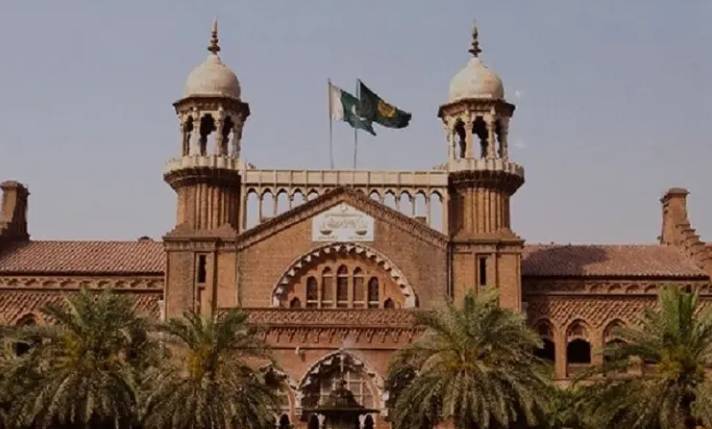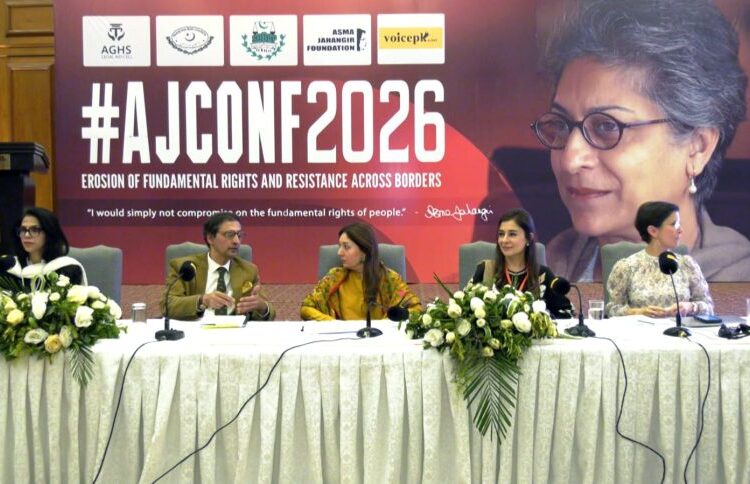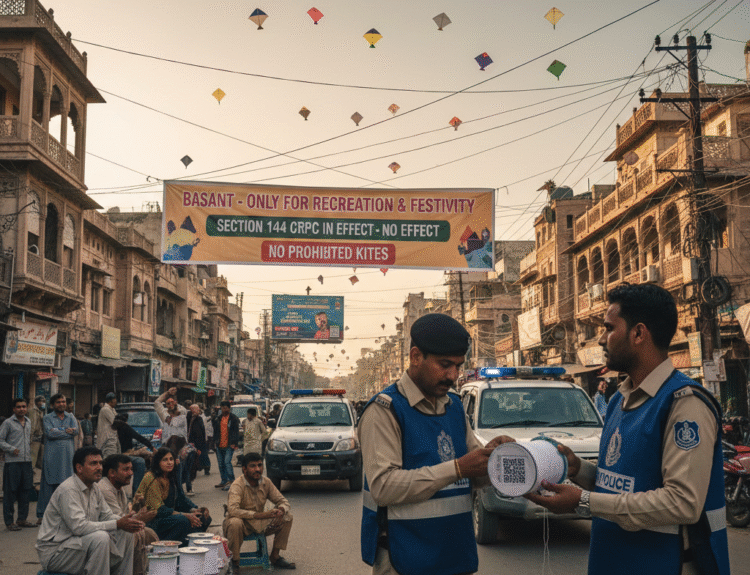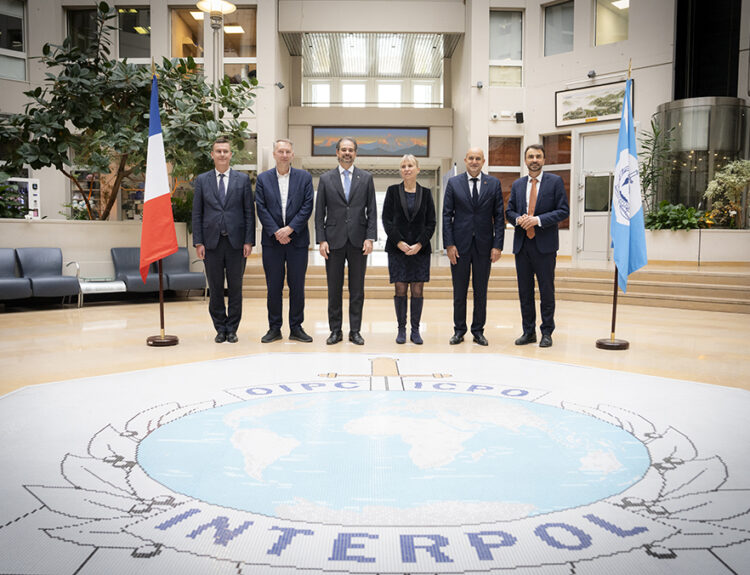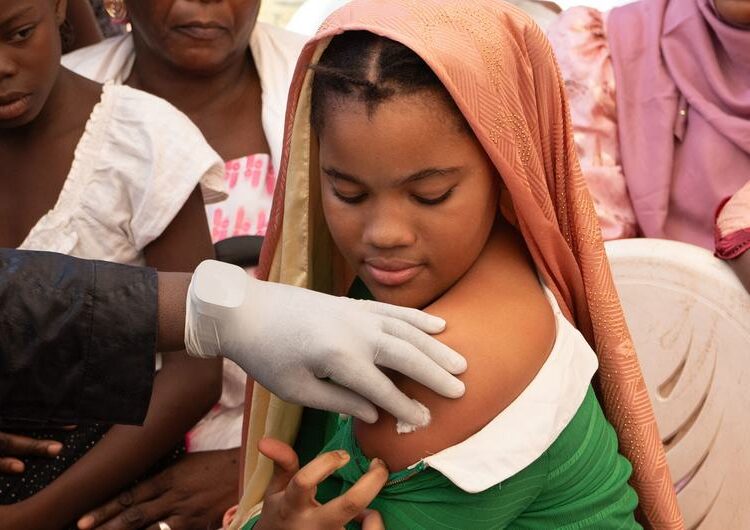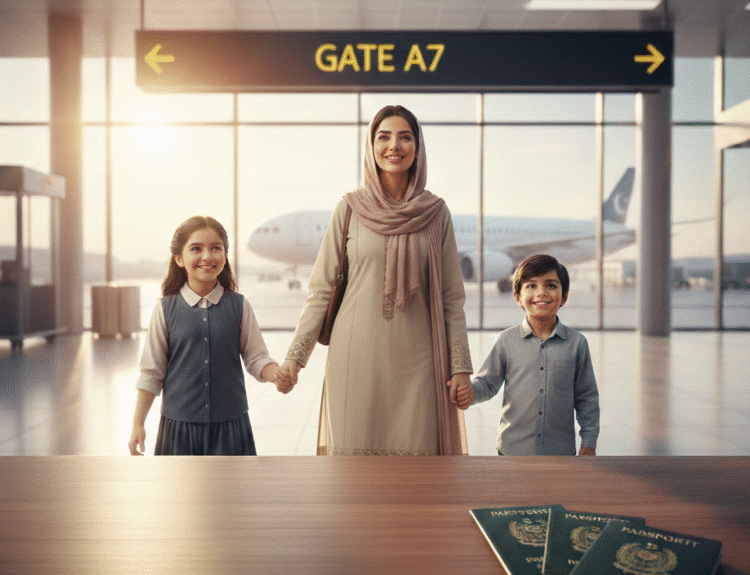It may seem unusual for human-rights advocates to call for an escalation in a war. But that’s the message three Nobel Peace Prize laureates brought to Washington this week.
As the conflict in Ukraine enters a critical phase, its allies must speed the delivery of materiel, enforce harsher sanctions against Russia, and make quicker decisions, says Oleksandra Matviichuk, a Ukrainian human-rights lawyer and recipient of the 2022 Nobel Peace Prize. Allies’ mindset, Matviichuk tells TIME during a visit to its Washington bureau, must change from “Let’s help Ukraine not to fail” to “Let’s help Ukraine to win fast.”
Matviichuk cast the plea in moral terms: Every day that passes in Ukraine there are more battlefield deaths and more deaths in occupied territories. “The problem is we have no time,” Matviichuk says. While she didn’t list what specific weapons she feels are needed, Ukrainian officials have asked allies to send longer-range missiles, ramp up the deployment of jets, and speed the delivery of tanks for the Ukrainian army’s ongoing counteroffensive.
Matviichuk was joined on her swing through Washington by fellow Peace Prize laureate Aleksandr Cherkasov, chair of the Russian human-rights organization Memorial, and a representative of Ales Bialiatski, another Nobel laureate from Belarus, who is imprisoned for pro-democracy activism. All three insist that defeating Russia in Ukraine is a pre-requisite for bringing democracy to Russia and Belarus.
The joint effort to push for more forceful military intervention in Ukraine comes as bipartisan willingness in Washington to fund the war indefinitely appears to be abating. The Republican-led House included $300 million in new funding for U.S. military support to Ukraine when it passed the National Defense Authorization Act earlier this month and sent it to the Senate. But some hardline House Republicans have pledged to strip out that money before the measure gets sent to President Biden’s desk.
Biden has steadily ratcheted up the lethality and caliber of U.S. weaponry shipped to Ukraine. Earlier this year, the President sent M1 Abrams tanks. In May, he agreed to send modern F16 fighter jets. This month, the U.S. sent cluster munitions to Ukraine to fill an ammunition shortfall.
But Biden has also been criticized, including at times by Ukrainian President Volodymyr Zelensky, for moving too slowly. The steady escalation has been part of the Administration’s strategy to keep NATO allies on board. Biden thinks he’s “the master of boiling the frog slowly,” says Michael Allen, who was a senior official on President George W. Bush’s National Security Council. “Now there’s overwhelming consensus even among Democrats that the President has gone way too slowly.”
In addition to sending weapons and jets, the trio of activists visiting Washington asked the Biden Administration to support bringing Russian President Vladimir Putin and other Russian leaders to trial at the International Criminal Court (ICC) in The Hague. The New York Times reported Tuesday that Biden had quietly ordered the government to begin sharing evidence of Russian war crimes in Ukraine with the ICC. The White House recently told members of Congress that Biden has approved sharing information with the ICC about Russian war crimes in Ukraine, a U.S. official tells TIME.
“Since the beginning of Russia’s assault on Ukraine, the President has been clear: there needs to be accountability for the perpetrators and enablers of war crimes and other atrocities in Ukraine,” U.S. National Security Council spokesperson Adrienne Watson said. “We support a range of international mechanisms to identify and hold accountable those responsible,” Watson said, including the work of the ICC.
A tribunal is essential to document what crimes Russian officials have committed and have a public accounting, Cherkasov tells TIME. “There is a Russian expression, ‘To step on the same rake twice,’ which means to make the same mistake over and over again,” he says. Past efforts in Russia to hold human-rights violators to account for atrocities during the Soviet era have fallen far short, Cherkasov says, and “today we understand that that would not be repealed.”
Defeating Putin’s army on the battlefield in Ukraine would be a first step toward breaking Putin’s autocratic hold on Russians, Matviichuk says, adding that Putin’s invasion of Ukraine is part of a larger effort to keep the support of the Russian people by telling them he is returning Russia to its imperialist past.
“The majority of Russians still see their glory in the forcible restoration of the Russian Empire,” says Matviichuk, whose organization has documented 45,000 examples of war crimes committed by Russia in Ukraine. “The success of Ukraine will provide a chance for the democratic future of Russia, because it will provide the push for people to reflect that maybe it’s not okay in the 21st Century to invade other countries and kill people to erode their identity—maybe it’s better to find our glory in something else.”

